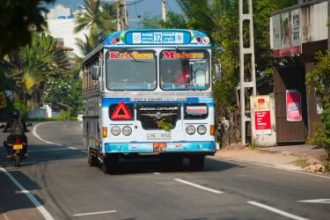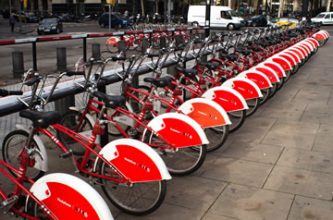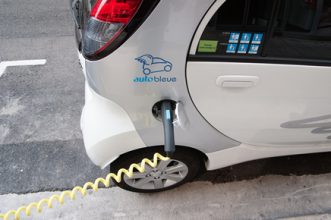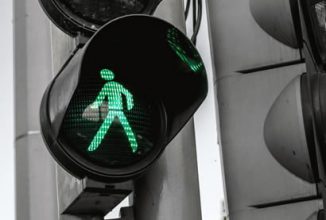What we do
OUR PROGRAMS

ELECTRIC MOBILITY
Supporting the transition from fossil fuel powered transport to renewable energy powered mobility, initially focusing on battery electric motorcycles, bus rapid transit (BRT) and light duty vehicles particularly urban taxis to improve urban air quality.

MASS RAPID TRANSIT SYSTEMS
Ensuring the introduction, modal integration and widespread use of efficient low and zero emissions mass rapid transport systems supported by off-board, on-line fare collection and station top-up charging facilities for battery electric BRT buses.

NON MOTORISED TRANSPORT
Encouraging the development of continuous, safe and integrated infrastructure for walking and cycling including provisions for convenience traders and CO2 absorbing tree lined separators for non-motorised and motorised commuters to improve safety.

CLEANER VEHICLES
Reducing harmful vehicle emissions through regulatory and compliance methods such as remote sensing of tailpipe emission while providing incentives for regular targeted maintenance in the region, to at least Euro 5/V standards introduced in the year 2009.

CLEANER FUELS
Continue the successful program to improve fuel quality to enable emissions control devices fitted to vehicles to function properly and reduce harmful tailpipe exhaust emissions. Fuel quality standards in the region are now approaching Euro 6/VI levels.

ROAD SAFETY FOCUS
Supporting public awareness programs on road safety and adopting the Global NCAP’s no “ZERO-Star rated vehicle” is locally manufactured, assembled our distributed in the region including used vehicle imports which forms the bulk of Africa’s vehicle fleet.
KEY PROJECTS
Sustainable Transport Africa has considerable experience in supporting the development of policies to see to the reduction of emissions from transport and is therefore adequately placed to work on the development of the necessary interventions to reduce environmental impacts, which include greenhouse gases.
_____________________
PROJECT EXPERIENCE
- Promoting the uptake of battery electric two and three wheelers through the evaluation of existing two and three wheeler fleets in Africa with preliminary assessment of the role of National and City Governments in developing two and three wheeler policies to incentivise electric mobility .
- Developing Kenya’s Transport NAMA for COP21 in Paris proposing the introduction of battery electric BRT buses.
- Providing vehicle technology and emissions control expertise to a World Bank program on “Rationalizing the Vehicle Fleet in Africa” with studies focusing on Kenya and Ethiopia.
- Supporting Nairobi City to commit towards procuring cleaner Bus Rapid Transit (BRT) buses as part of a wider strategy to promote a safe, reliable and efficient public transport system for the city.
- Supporting the launch and implementation of the Africa Sustainable Transport Forum (ASTF), a partnership between UN Environment, The World Bank, and UN-Habitat that was designed to mainstream sustainable transport in Africa’s investment and development strategies.
- Participating in activities of the Partnership for Clean Fuels and Vehicles (PCFV) and the Global Fuel Efficiency Initiative (GFEI) and supporting activities of the FIA Foundation.

SUSTAINABLE TRANSPORT AFRICA (STA)
FUTURE PROSPECTS AND GOALS
- Facilitation of installation and maintenance of electric charging stations in appropriate locations around the region. These facilities would ideally be renewable.
- Building of EV manufacturing facilities in the region, with lean and efficient manufacturing capabilities. The facilities would preferably be green facilities, utilising renewable energy and natural lighting as much as possible, as well as managing and recycling of waste and water to preserve the environment.
- Building of world class BRT bus manufacturing facilities in the region.
- Launching of primary school, high school, and college courses in sustainable transport.
- Awareness campaigns on social media and television.
- Implementation of Affordable BRT with timed services in Nairobi, Mombasa and other large cities in Kenya.
- Continued promotion of NMT infrastructure, planned and responsible parking management (metered parking), enforcement of responsible vehicle / motorcycle driving (control by CCTV and NPR).
- Promotion of TOD – transit oriented development.
- Launch of well structured emissions testing programme for vehicles in Kenya.
